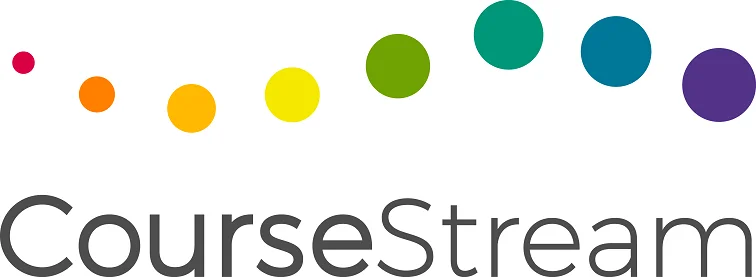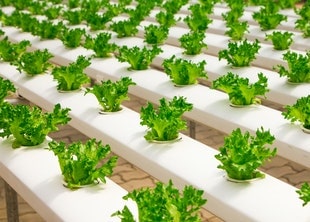Why study this Hydroponics C (Advanced) course?
Interested in diving deeper in hydroponics? Want to further broaden your knowledge and skills in hydroponics? Then, this advanced hydroponics course is for you!
Hydroponics is the art of cultivating plants using mineral nutrient solutions, in water without soil. Plants are grown in an inert growing medium and perfectly with balance. Roots received there nutrients in a highly soluble form of pH adjusted solution thus, plants take food with less effort compared to soil wherein they have to search for nutrients. Plants that grow in hydroponics grow faster and healthier. Since there are no soil, these means that there will be no weeds and soil born pests. In hydroponically grown plants their roots stay smaller which allows plants to focus on their growth energy and space.
Course Aims:
- Describe different approaches to cultural operations
- Demonstrate an awareness of similarities and differences between organic and hydroponic production techniques
- Describe how to plan a hydroponic operation through site and crop selection, matching a specific crop, materials, resources and services required, and site layout; for different specific crops.
- Discuss system design components such as pumps, grow beds, solution tanks, media and pipes in terms of size, type, and options for different cultures and specific crops.
- Provide details of how to manage a hydroponic system in hot, humid conditions such as in tropical or subtropical areas, or in summer, in temperate areas, for specific crops.
- Explain options for water management such as water sources, quality, testing, treatments, and use in recirculating and non recirculating systems.
- Recommend awareness of natural and other methods of pest and disease control such as biological controls, as part of IPM and nutrient and pH manipulation for different pests and diseases.
- Explain and recommend different standards of nutrient formulation, and advanced methods of detecting toxicities and deficiencies in specific crops.
- Recommend methods to control nutrient level concentrations by taking EC, pH and temperature measurements, and maintaining nutrient levels for different specific crops.
Lesson Structure
- different approaches to cultural operations in hydroponics
- Organics vs. hydroponics:Nutrient differences in food products
- Is hydroponic food more or less healthy than organic?
- How feasible is organic hydroponics?
- site and crop selection
- matching a system with a crop, materials, resources & services required.
- pumps, hardware, media, pipes, size, type, and so forth
- Components for different types of culture.
- tropical, subtropical climates
- greenhouse environments
- summer in temperate areas.
- water quality measures
- treatments
- runoff
- testing
- purifying water
- water in recirculating and run-to-waste systems.
- standard formulations
- detecting toxicities & deficiencies.
- using EC and pH measures of concentration levels
- solution temperatures
- maintaining nutrient levels.
- nutrient and pH manipulation for control of pests & diseases
- integrated pest management
- common pests and diseases.
Enrol Now
- Experienced Tutor support
- Certificate sent to you
- Online study (Printed notes available)
- Self paced - no set timetable
- 12 months to complete course
From: $25.00 / week for 26 weeks
Get a Free Info Pack!











